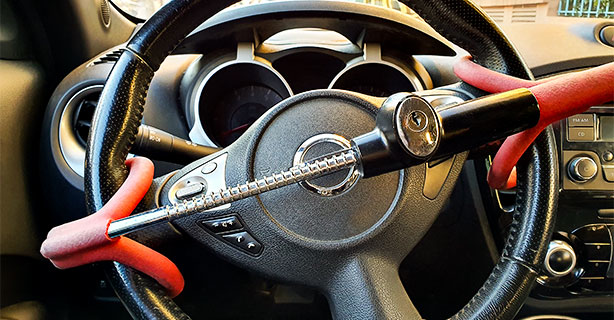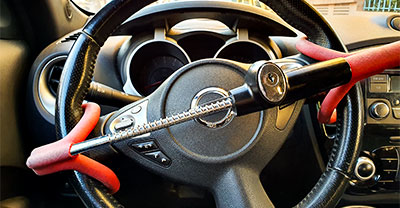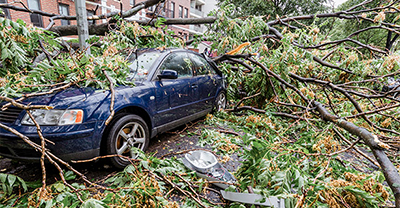Top 5 most stolen cars—and how to help protect yours


0 min. read
Car theft is still a real concern for drivers across the U.S. In 2024 alone, more than 850,000 cars were reported stolen.* You’ve probably heard that certain makes and models are hot targets—like Hyundai or Kia. But staying informed and taking a few extra precautions could help lower your risk. Explore Dairyland’s cheap car insurance options to find the coverage that fits your lifestyle and budget.
Top 5 most frequently stolen vehicles in the U.S.
Knowing which vehicles get targeted most can help you stay alert and better protect your car. The list below comes from the National Insurance Crime Bureau (NICB), which tracks vehicle theft trends each year.
#5. Kia Optima
2024 thefts: 17,493
Common model years targeted: 2015–2020
#4. Honda Accord
2024 thefts: 18,539
Common model years targeted: 1997–2007
#3. Chevrolet Silverado 1500
2024 thefts: 21,666
Common model years targeted: 2004–2019
#2. Hyundai Sonata
2024 thefts: 26,720
Common model years targeted: 2011–2020
#1. Hyundai Elantra
2024 thefts: 31,712
Common model years targeted: 2011–2020

Why are vehicles stolen?
Thieves steal vehicles for several reasons—many tied to the value of the vehicle or the parts they can sell. Some common reasons include:
Lack of anti-theft features on older models
High resale value of parts like catalytic converters, rims, and electronics
Personal items left in view, such as phones or laptops
Social media trends that highlight theft methods
How can you protect your vehicle from theft?
Continued awareness is a crucial factor. Here are some precautionary measures you can take to help keep your car in your possession:
Never leave the keys in the car
Always lock your doors and roll up your windows
Never leave valuables in plain sight
Use a steering wheel lock or install an alarm
Park in well-lit or secure areas whenever possible
Consider installing a GPS tracker or kill switch
If your vehicle is affected by a theft-related recall, stay updated on software fixes
Driver behaviors that can contribute to theft
Some everyday habits can unintentionally make your car a target:
Keeping spare keys in or around the car
Forgetting to lock the doors
Leaving your vehicle running unattended
In colder climates, warming up a car while unattended is common—but it also creates easy opportunities for theft. Many states and localities have laws prohibiting leaving a running car unattended, even in a driveway, to help deter theft.

What to do if your car is stolen
If your car is stolen, follow these steps to help improve the chance of recovery:
Call your local police and file a report
Get a case number or report copy
Notify your insurance company right after speaking to law enforcement
Stay in contact with both authorities and your insurance provider during the investigation
In the event you find your car before you've heard back from law enforcement— avoid approaching it. Thieves may still be nearby, and law enforcement needs to document the scene.
Immediately call the officer you spoke with to provide the vehicle's location.
Contact your insurance representative with the updated information.
Wait for the police to arrive before approaching or entering your vehicle. Entering the vehicle too soon may affect your insurance claim.
Get Dairyland comprehensive auto insurance
Even with the best prevention, theft can still happen. That’s why having the right coverage in place matters.
Dairyland®, a brand of the Sentry Insurance Group, offers comprehensive auto insurance that can help provide financial protection if your vehicle is stolen or damaged in a covered event. Comprehensive insurance may help with the cost of repairing or replacing your vehicle after a theft—based on actual cash value and your policy’s coverage limits.
The general information in this blog is for informational or entertainment purposes only. View our blog disclaimer.
*Data accuracy is subject to this article's publication date.










